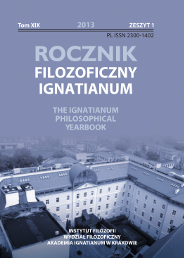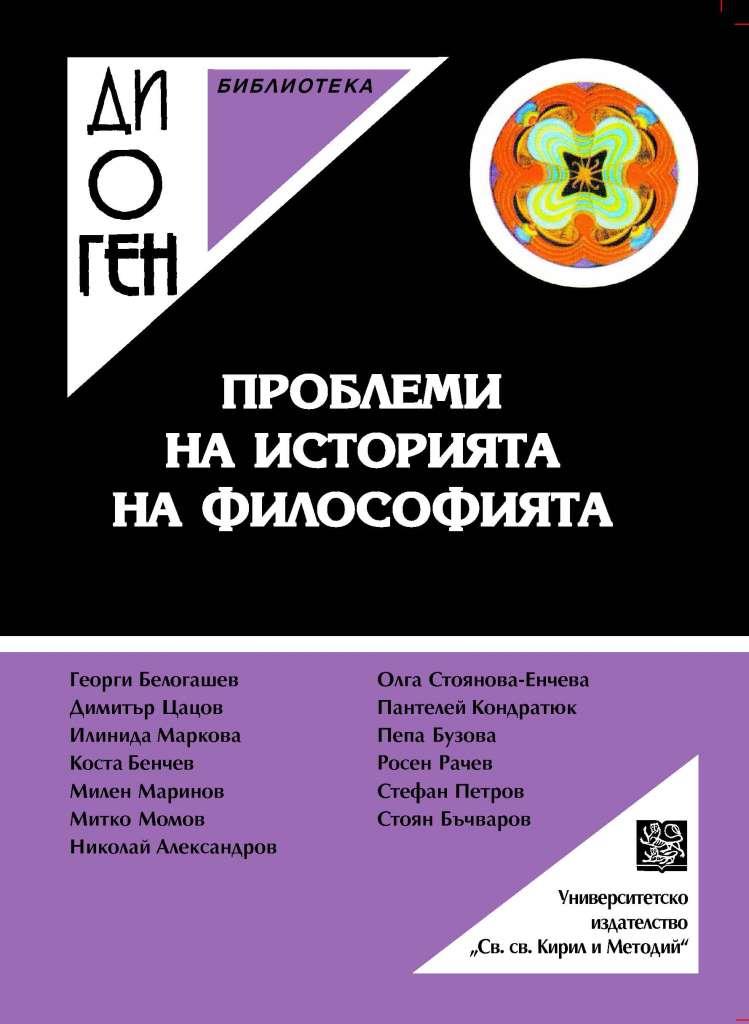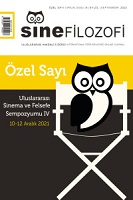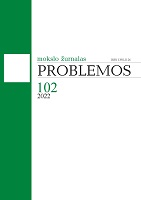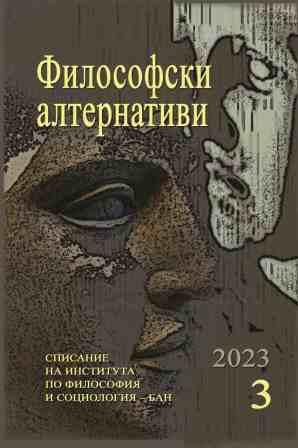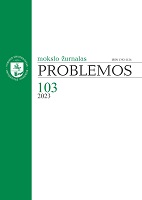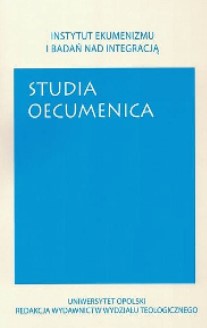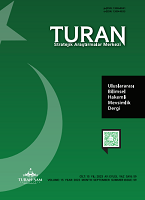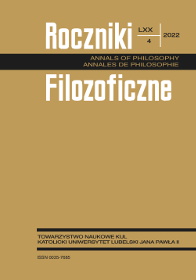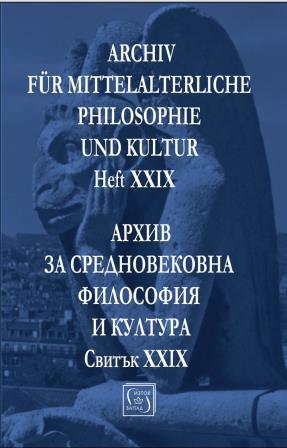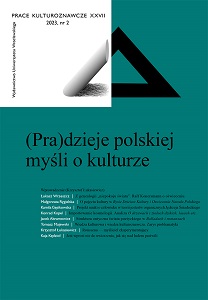Author(s): Dilek Çakır / Language(s): Turkish
Issue: Sp. Iss./2022
French auteur Agnes Varda appears as a female director who is mentioned in important formations such as New Wave and Left Bank, and designs her films with feminist policy practices. Looking at the female character setup in Agnes Varda’s films, it is possible to see that her feminist attitude is reflected. Varda’s 1985 film Sans Toit Ni Loi (Vagabond) reflects the director’s attempt to create a counternarrative to traditional gender discourses, as well as her philosophically-based perspective, in which he questions the concepts of freedom and will. Varda’s character Mona Bergeron, fictionalized for this film, is a homeless woman who refuses to be in the chain of capital production and consumption. As an anti-capitalist character, Mona does not accept to work in a certain job, she does not have a problem with having a certain order. Varda opens the individual, who tries to free herself in her actions through the character of Mona, to discussion over the concepts of possessiveness, gender and existentialism. Determinist philosophers have opened up for discussion the fundamental problem of whether human beings are free in the face of the causal determination of universal laws of nature. According to this doctrine, the main question is how freedom can be possible in the current world where there is a causal determinism. Spinoza, one of the important thinkers of determinism, argues that the universe has a definite order with the concept of absolute determinism and argues that our every action is shaped around the exact criteria of this order. Spinoza’s views on the illusion that man is free of will or will (within the framework of the definition of substance) lead us to the conclusion that the phenomenon of freedom cannot be mentioned. In Varda’s narrative of freedom, on the one hand, the struggle for existence of a woman living in the paternal system is shown to us, on the other hand, we are asked to question the sense of propertylessness of Mona, who struggles to be free by trying to get rid of the pressure of the capitalist system. The challenging conditions in Varda’s narrative, in other words, the claims of determinists that human will is determined by the variables of the society in which they live, can be read as discussions of whether the individual can direct her own life. In this context, within the scope of the research, Spinoza’s concept of freedom, Varda’s questioning of existentialism, will be examined through the film Sans Toit Ni Loi (Vagabond), philosophical criticism and semiotic analysis will be used as a method.
More...
